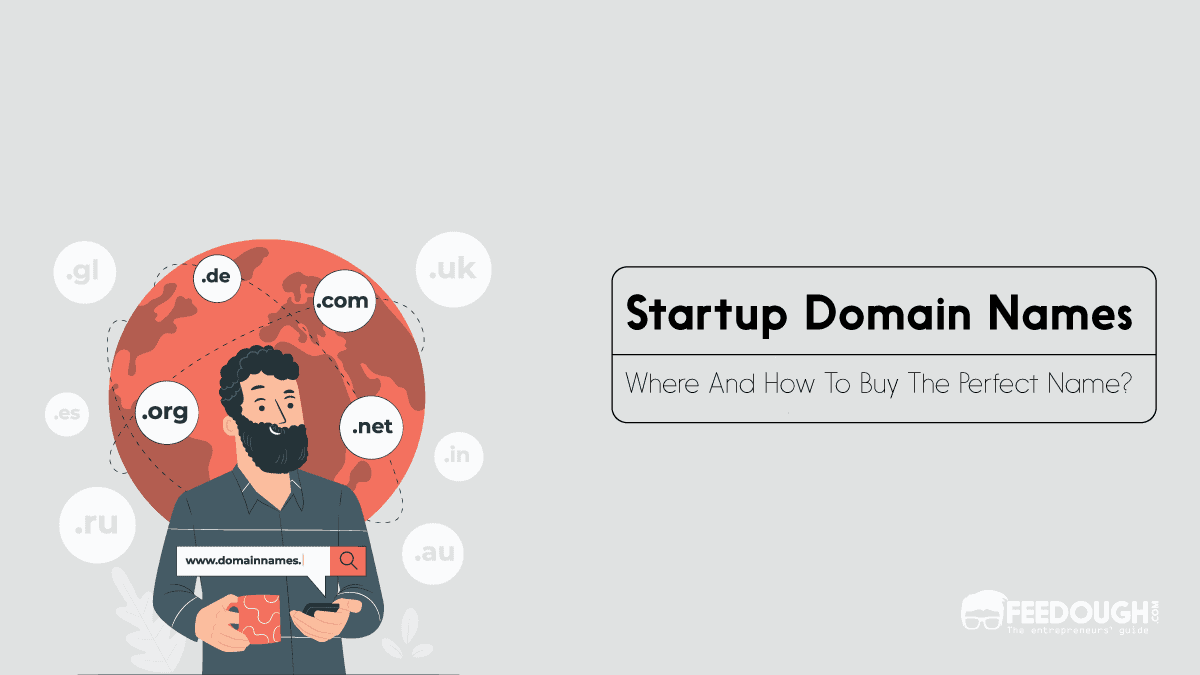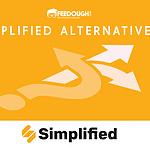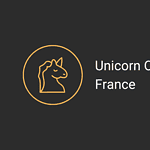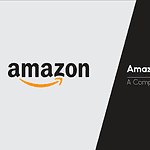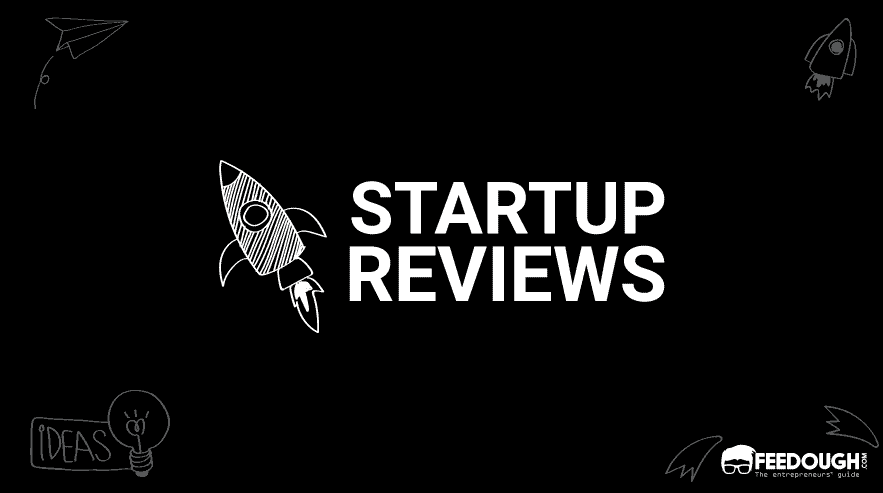So you’ve come up with a great idea for a new online business. You developed a business plan, have a business model in place, and have even started to think about the marketing aspects of your new venture. But for that, you’d need a website and a brandable domain name that represents your business and value.
The problem?
Not every domain name you wish to register is available.
The bigger problem?
Almost all the dictionary words .coms have already been registered. That is, if you wish to give your startup a dictionary name (like Amazon.com), you’re out of luck as:
- Either somebody else already uses this domain for their online presence
- Or it is out for sale in the secondary market at a much higher price than you expected.
But fret not. All is not lost. This guide will help you choose the best domain name for your startup.
The Components Of A Domain Name
Before choosing a domain name, let’s break down what actually makes up a domain name. A domain name usually has two components:
- Domain Name: A domain name is a second-level identifier in a domain name hierarchy. It’s the actual name of the website.
- Top-Level Domain: The top-level domain (TLD) is the last part of a domain name and it indicates the geographical region or type of website. The most common TLDs are “.com”, “.net”, and “.org”.
Selecting A Domain Name For Your Startup
Selecting a domain name requires you to be both a technical and a sensible marketer. You need to pick something that is both available and reflects your business.
Psychologically, your domain name should be:
- Memorable: A good domain name should be easy to remember. The easier it is to remember, the easier it is for potential customers to find you online. For example, Google.com is much easier to remember than SearchEngineGiant.com.
- Meaningful: It should be easy to relate your domain name to your business. A good domain name should give people an idea of what you do or what value you provide just by looking at it. Facebook.com is a great example of this. This domain name is not only memorable, but it’s also meaningful as it tells you what the business (social networking) is all about.
- Short: A short domain name is easier to remember and type. Uber.com, for example, is much shorter and easier to remember than Ubercabs.com. It’s also less likely to be misspelt by potential customers when they’re trying to find you online.
- Brandable: Brandable means that your domain name is unique and can be easily turned into a brand. It should be easy to create a logo and marketing materials around it. For example, namecheap.com is a great brandable domain name that’s easy to remember, spell, and build a brand around.
- Easy To Pronounce: A domain name that is easy to pronounce is easier for people to type into their browsers. It’s also easier for people to share with others verbally.
- Unique: You want your domain name to be unique so that it’s not confused with any other website.
And technically, it should:
- Be available as a domain name: The domain name should be available to register as a TLD. For example, you can’t use Amazon.com as it is already taken as a TLD.
- Not be a trademark: You can’t use a trademarked name as your domain name as it will be considered an infringement. For example, you can’t use Coca-Cola.com as it’s a trademarked name.
- Use the correct domain extension: While many domain extensions are available, you should use the most relevant one for your business. For example, if you’re a non-profit organisation, you should use a “.org” extension. You should use a country code TLD like “.us” for the United States or “.ca” for Canada for a country-specific website.
Choosing The Right Domain Name And TLD
Startup domain names are usually your brand names followed by the suitable TLD. For example, if your startup is called “Acme Widgets”, a good domain name would be “acmewidgets.com”.
However, with millions of .com domains already registered, it’s highly likely that the perfect .com domain name for your startup is already taken. When this happens, you have a few options:
Option 1: Use A Different TLD
If the .com version of your domain name is taken, you can try other TLDs such as .net, .io, .co, or .biz. According to ICANN, three types of TLDs exist today –
- gTLD – Generic Top-Level Domain: These are the TLDs that we’re all familiar with, such as .com, .net, and .org. All of these have certain connotations like .com stands for commercial, .net for network, .org for an organisation, .io for input/output, .ai for artificial intelligence, etc.
- ccTLD – Country Code Top-Level Domain: A ccTLD is a TLD specific to a country. For example, the .uk extension is for the United Kingdom, while the .ca extension is for Canada.
- sTLD – Sponsored Top-Level Domain: These are TLDs that are sponsored by a specific organisation. For example, the .edu extension is for educational institutions, while the .gov extension is for government agencies.
However, it’s important to note that not all domain extensions are created equal. Some domain extensions are more popular and have better SEO value than others. For example, the .com extension is more popular and has better SEO value than the .biz extension.
But note that you don’t have to be limited to the full forms. Focus on connotations. For example, even though .co is a ccTLD, people consider its use case similar to .com.
Similarly, .me is a ccTLD short for the country Montenegro. But web developers consider it to be a perfect option for portfolio websites as it has “me” in it.
Option 2: Use A Different Domain Name
If the .com version of your domain name is taken and you don’t want to use a different TLD, you can try a different domain name.
This could be:
- Acronym: You could use an acronym or semi acronym for your startup domain name. For example, if your startup is called “Acme Widgets”, you could use “awidgets.com”.
- Word Combinations: You could also use word combinations for your domain name. For example, you can have “joinjammers.com” or “jammersgroup.com” for a community named Jammers.
- Domain hacks: You could also use a domain hack when you don’t get the .com extension to create a pun-based domain name. For example, if your startup is called “Acme Widgets”, you could use “acmew.com” or “widg.et”.
Where To Buy Your Startup Domain?
Domains are precious assets. No two people can own a single domain. If I have feedough.com, only I can build my website on it.
That is, it follows the first-come-first-serve principle. So, if you have an idea for a domain name that you want to use for your startup, you should buy it as soon as possible before someone else does.
If you’re the first to think of a domain name idea, you buy the domain in the primary market.
These include buying from domain registrars like Namecheap, Bluehost, Godaddy, etc. These domain registrars are accredited companies by ICANN (the organisation that governs domain names) to sell domains.
If a domain investor has already bought the domain and is now willing to sell, you head to the secondary market.
The aftermarket could be an online marketplace like Flippa, a domain broker like Sedo, or an auction site like GoDaddy Auctions.
You could also buy the domain directly from the owner by doing a whois lookup and contacting them.
Domain Primary Market
Here’s a list of some popular domain registrars –
- Namecheap: This is a very popular domain registrar and offers a wide variety of TLDs.
- Bluehost: A highly trusted company known for reliable hosting and domain registrations.
- Name.com: Name.com is another popular domain registrar and offers discounts on domains regularly.
- GoDaddy: GoDaddy is the largest domain registrar globally with over 75 million domains under management.
- Hover: Hover is a Canadian company specialising in domain names and email hosting.
- Porkbun: Porkbun is a US-based domain registrar that offers some of the cheapest TLDs.
Domain Secondary Market
The secondary market is where you buy domains from investors who have already bought them in the primary market.
Some popular platforms for buying domains in the secondary market are –
- Flippa: Flippa is an online marketplace for buying and selling websites and domains.
- Sedo: Sedo is a domain broker that facilitates the sale of domains between buyers and sellers.
- GoDaddy Auctions: GoDaddy Auctions is an auction site for expired and expiring domains.
- Afternic: Afternic is a domain marketplace where you can buy premium domains.
- Dan: Dan.com is a domain marketplace with over two million domains listed for sale.
Startup Domain Name Do’s and Don’ts
Here are some things to keep in mind while choosing your startup domain name –
- Do use keyword research: If it’s an unbranded name, use keyword research tools like Google Keyword Planner and Ubersuggest to see if people are actually searching for the term you want to use as your domain name.
- Don’t use hyphens: Hyphens are frowned upon in domain names and can be non-user-friendly.
- Avoid misspelt names: Misspelt names are hard to type and remember.
- Don’t use numbers or special characters: Numbers and special characters are hard to remember and type.
- Make your domain name radio test friendly: A radio test is when you say your domain name out loud to see if it’s easy to pronounce.
Steps To Buy A Startup Domain Name
Buying a startup domain name isn’t rocket science. Here’s what you need to do –
- Zero on the perfect domain name options
- Head over to one of the primary market registrars like Namecheap, Bluehost, or GoDaddy and search for the domain name you want.
- If the domain is available, buy it!
- If the domain is already taken, you can try a different TLD or head to the secondary market.
- In the secondary market, you’ll have to negotiate with the domain owner to buy the domain from them.
- Make sure you have an escrow service to facilitate the transaction and protect yourself from fraud.
- Once you’ve bought the domain, you’ll need to set up hosting and a website. You can either buy it from Namecheap itself or use a service like BlueHost or Inmotion Hosting.
Bottom-Line?
Choosing the right domain name for your startup is important – it’s one of the first things people will see and remember about your business. Do your research, use common sense, and you’ll be able to find the perfect domain name.
But make sure you act fast – the best domains tend to get snapped up quickly!
Go On, Tell Us What You Think!
Did we miss something? Come on! Tell us what you think about our article on startup domain names in the comments section.
A startup consultant, digital marketer, traveller, and philomath. Aashish has worked with over 20 startups and successfully helped them ideate, raise money, and succeed. When not working, he can be found hiking, camping, and stargazing.
